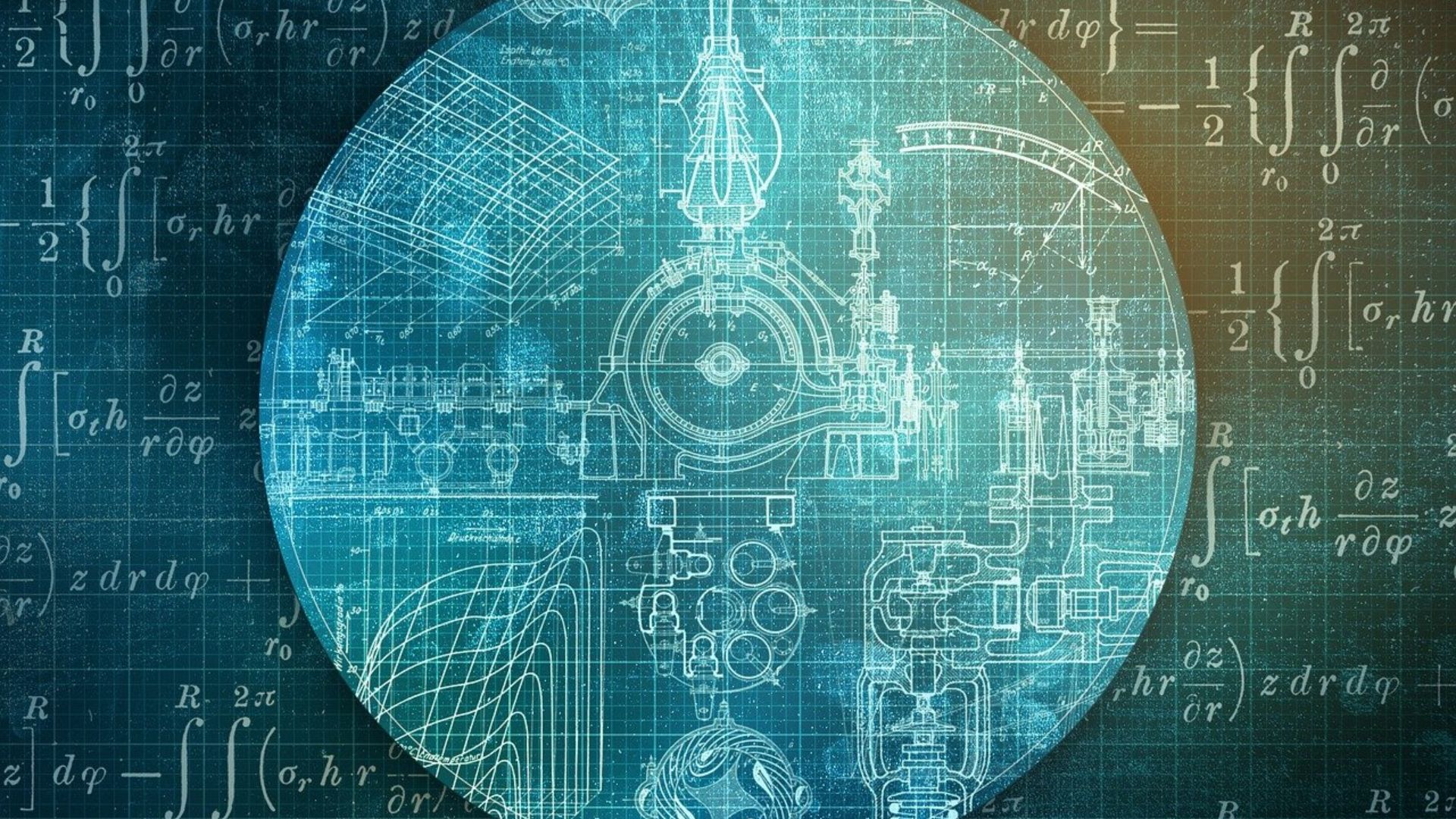If there is one thing we have heard at least ONCE in our life – if you are on any social media at least – is that “everything comes down to the algorithm”.
However, who or what is the algorithm?
In simple terms, the algorithms are the soul of each Social Media Platform. On a definition provided by the Merriam-Webster dictionary, an algorithm is a step-by-step procedure for solving a problem or accomplishing some end. In the case of Social Media, the end is to determine what users see in their feeds.
The sets of rules and calculations used by platforms like Facebook, Instagram, Twitter, and YouTube analyze a variety of factors to personalize and prioritize the content based on each user’s interests and preferences.
Is Social Media Spying on Me?
We all have heard the classic “Facebook is listening to us” conspiracy theory. That statement is true in a sense. While Social Media Platforms do not have “ears” to listen to us in the literal sense, algorithms track how we interact with content on the platform, giving them quite an insight into our preferences. They consider factors such as likes, comments, shares, and clicks.
If you open a new profile today and like ONE cat picture and nothing else, chances are you’ll start seeing more cat content. When you DO NOT feed the algorithm or interact with anything, the algorithm might start showing you things that it knows other people your age like or things that are popular at your location until you interact with something.
Over time, algorithms learn from your preferences and behavior patterns. They use machine learning and artificial intelligence techniques to analyze vast amounts of data and predict what content you are most likely to engage with. The algorithm continually refines and personalizes the content shown in each user’s feed.
How Does the Algorithm Give Relevance to the Content?
An important thing to understand is that, while you feed the algorithm for it to understand YOU and your preferences, your information is not the only one analyzed. To decide which content to push, the algorithm will collect information from ALL USERS. Amongst the factors the algorithm will take into count to classify and give importance to each piece of content we have:
- Relevance and Quality: Algorithms assess the relevance and quality of content. Assessing keywords, hashtags, and captions, and doing image recognition are the ways the algorithm tries to understand the context and determine if the content matches a user’s interests.
- Engagement Signals: Algorithms pay attention to engagement signals to gauge the popularity and resonance of a post. If a post receives a lot of likes, comments, shares, or saves, the algorithm interprets it as valuable and may show it to more users. Since the goal is to keep you engaged and spend as much time as possible on their site (or app), the algorithm will prioritize content that generates meaningful interactions.
- Recency: As much as classics like “Edgar’s Fall” are fun, research into brain health and longevity suggests that regular experience of novelty is essential to a long, happy life. Social Media Algorithms give weight to recency, ensuring that users see the latest and most recent content in their feeds. Newer posts may be given priority over older ones, although this can vary depending on the platform and user behavior patterns.
Of course, we shall consider that this is just general information: the details of each algorithm are closely guarded by each platform.
Why are Algorithms Important?
The algorithms have a significant impact on content visibility: they determine which posts are shown to which audiences. Content creators, businesses, and marketers need to understand and adapt to the algorithms to maximize reach and engagement on social media platforms.
Don’t let the algorithms hold you back — taking charge, optimizing your content, and analyzing fresh trends can make your content and your brand more relevant!






